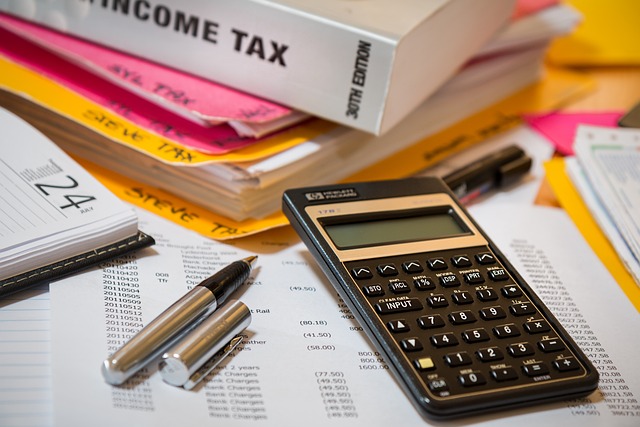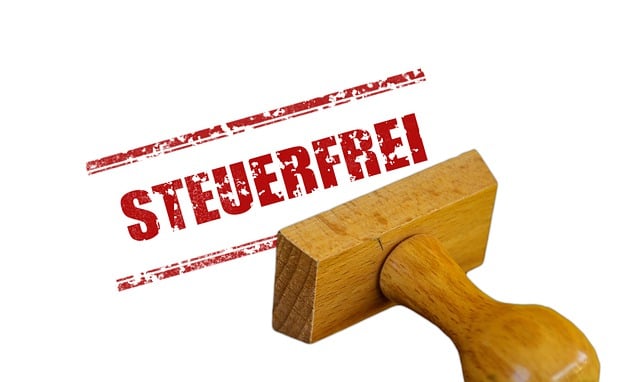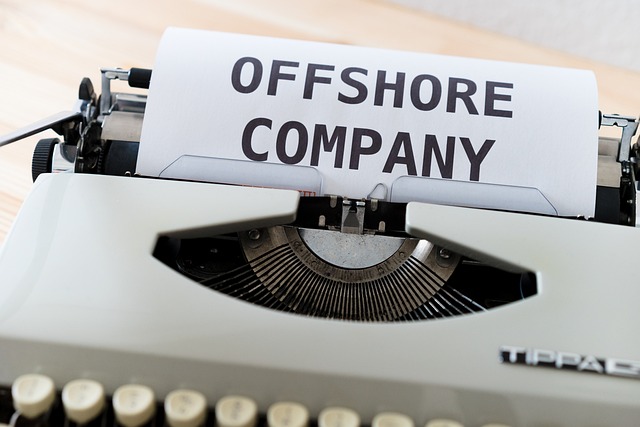In South Africa, sole proprietors must navigate specific tax obligations, including income tax and social security contributions, through effective Self-Employment Tax Planning. By leveraging deductions for legitimate business expenses like office supplies, equipment maintenance, professional services, and home office costs, these entrepreneurs can significantly reduce their tax burden. Meticulous record-keeping, staying updated on relevant tax laws and regulations, and utilizing digital organisation tools are key strategies to ensure compliance and maximise financial gains while adhering to South African tax guidelines.
In South Africa, sole proprietors can significantly reduce their tax burden by strategically planning their self-employment taxes. This article guides you through the essential aspects of maximizing tax deductions, offering insights into understanding self-employment obligations, identifying eligible expenses, and implementing effective savings strategies. By navigating these key areas, you can optimise your financial commitments and ensure compliance with local regulations. Master these techniques to enhance your financial health as a South African sole proprietor.
- Understanding Self-Employment Tax Obligations in South Africa
- Common Expenses Eligible for Deduction
- Planning Strategies for Maximizing Tax Savings
- Keeping Records and Staying Compliant
Understanding Self-Employment Tax Obligations in South Africa

In South Africa, sole proprietors have specific tax obligations tied to their self-employment status. Understanding and planning for these taxes is crucial for effective financial management. The Self-Employment Tax Planning in South Africa involves a combination of income tax and social security contributions, known as UIF (Unemployment Insurance Fund) and EPF (Employer Contribution). As a sole proprietor, you’re responsible for paying both the employer and employee portions of these contributions, which can significantly impact your overall tax burden.
To maximise deductions and minimise liabilities, it’s essential to keep detailed records of all business expenses. This includes costs related to your workspace, equipment, travel, and any other business-related expenditures. By meticulously documenting these expenses, you can accurately claim deductions for expenses incurred in the course of running your business, thereby reducing your taxable income. Proper Self-Employment Tax Planning allows South African sole proprietors to navigate their tax obligations more efficiently while leveraging available deductions.
Common Expenses Eligible for Deduction

In South Africa, sole proprietors can significantly reduce their self-employment tax burden by taking advantage of various deductions available for legitimate business expenses. Common costs that can be claimed include office supplies, equipment maintenance and repairs, professional services like accounting or legal fees, and even a proportion of home office expenses if the entire residence isn’t used exclusively for business. These deductions are a crucial aspect of self-employment tax planning in South Africa, as they directly impact the overall financial health of individual entrepreneurs.
Eligible deductions can be quite diverse, ranging from travel costs to insurance premiums, and even contributions to retirement funds. Understanding what expenses qualify is essential for effective tax management. By meticulously keeping records and receipts, sole proprietors can ensure they’re making the most of available deductions, thereby minimising their self-employment tax obligations and enhancing overall financial planning.
Planning Strategies for Maximizing Tax Savings

Effective self-employment tax planning in South Africa is a strategic necessity for sole proprietors aiming to optimize their financial situation. By proactively considering various deductions and allowances, individuals can significantly reduce their tax burden. One key strategy involves meticulously organizing business-related expenses, including overheads, equipment purchases, and travel costs, as these can be offset against taxable income.
Additionally, staying informed about specific South African tax laws and regulations pertaining to self-employed individuals is vital. This includes understanding the rules around personal allowances, retirement savings contributions, and potential incentives offered by the government for certain industries or business types. Proactive planning and a deep understanding of these regulations can lead to substantial tax savings over time.
Keeping Records and Staying Compliant

In the realm of self-employment tax planning in South Africa, sole proprietors must master the art of keeping meticulous records to stay compliant. Every transaction, from income generated to expenses incurred, should be documented comprehensively. This includes receipts for business-related costs, such as office supplies, travel expenses, and equipment purchases. Organising these records digitally or through a dedicated accounting software can streamline the process and facilitate easier access when preparing tax returns.
Compliance is key to avoiding potential penalties and ensuring accurate reflection of financial activity. South African revenue services have strict guidelines for sole proprietors, and staying informed about these requirements is essential. Regularly reviewing and understanding tax laws related to self-employment will empower owners to make informed decisions regarding deductions and ensure their business practices align with legal expectations.







